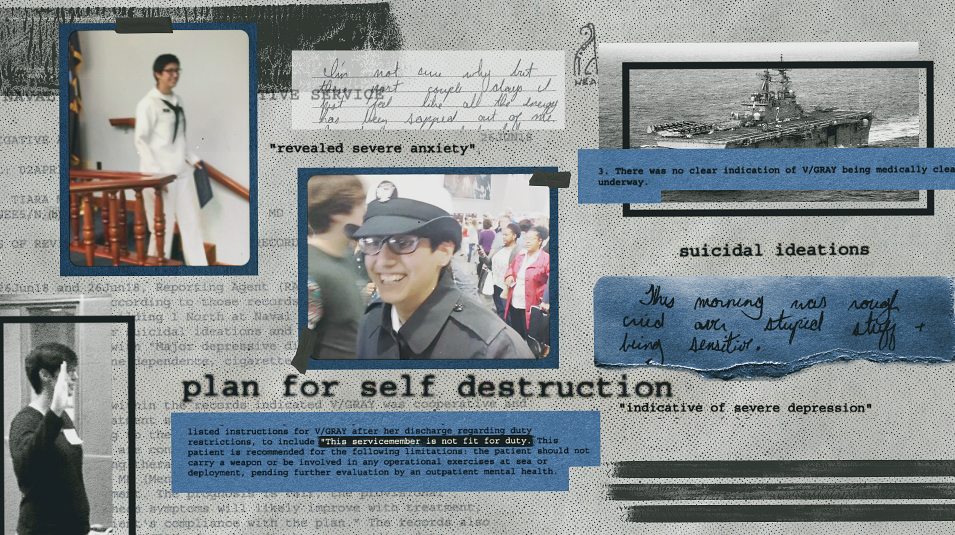With San Diego flirting with a step back to the purple tier of state-mandated social restrictions, local residents may either be relieved or concerned to learn that, beginning on Wednesday and in the wake of hundreds of students testing positive, San Diego State has mandated testing for all on-campus students.
According to the school's latest information, there have been 667 confirmed and nine probable cases among on- and off-campus students since the fall semester began on Aug. 24. Of those cases, 60% to 75% are students living off-campus, officials said Tuesday. Students are currently limited to online classes at this time, and no transmissions of the illness have been traced to on-campus classes.
Get top local stories in San Diego delivered to you every morning. Sign up for NBC San Diego's News Headlines newsletter.
San Diego State announced the testing decision on Tuesday.
"We have made COVID-19 testing available for all enrolled students since Aug. 11, and we have been very pleased by the high percentage of students who have voluntarily sought regular testing…. As part of the next step in our health and safety efforts … we have developed a plan to COVID-19 test all students living on campus," officials said in a statement said out to the school community.
All students living in campus housing -- with minor exceptions -- will be required to participate in the so-called Surveillance Testing Plan. "Surveillance testing … [indicates] random testing within a population," Tuesday's statement said. Exceptions include students with disabilities or those who request a religious exemption, as well as students who have already tested positive, have been too ill to be tested or wish to be tested elsewhere. There will be consequences for students who don't participate, officials said, adding that they believe there will be an overwhelming voluntary response to the mandatory testing.
Local
Campus officials said they would also encourage students living off-campus to be tested as well.
"What we're doing is what it is within our jurisdiction to do," said SDSU vice-president for student affairs and campus diversity J. Luke Wood in regards to why off-campus students were not also required to be tested.
SDSU, in conjunction with San Diego's Health and Human Services Agency, hopes to initially test all students living on-campus --- about 500 a day -- from Wednesday through Saturday and again on Monday. There are currently about 2,400 students living on campus, about one-third of what is normally the case. All on-campus students will be emailed about their assigned testing slots at either the Student Health Services Calpulli Center or at the Parma Payne Goodall Alumni Center. After the initial round of testing, students will be randomly selected for subsequent rounds of testing. Test results are expected within 48 hours.
Officials said that, if there is widespread participation in the testing, they would not resume the stay-at-home order for students that ended on Monday at 9 a.m., though they stressed the need to continue the widespread practices of handwashing, facial coverings, social distancing and avoiding social gatherings.
The tests will be free -- and the school is also offering a proverbial carrot or two. Anyone who gets tested will get a $5 Starbucks gift card and be entered to win one of 10 $100 gift cards for the school bookstore.
It is possible, of course, that the compulsory testing at SDSU will add cases to the total of asymptomatic carriers, pushing the school's totals even higher. However, if unwitting students were to test positive,
On Tuesday, San Diego County's public health officer, Dr. Wilma Wooten, said that the county's case rate (7-day average of daily new cases per 100,000 county residents) for last week is at 7.9, well outside the 4 to 7 range required to stay in the red tier. If the case rate stays at 7.9 for another week, we’ll move to the purple, more-restrictive, tier. She also said that, without the SDSU cases, the county's number would be at 6.
Wooten also said on Tuesday that the county asked the state to not include SDSU's data into the county's case count, though she has yet to receive direction regarding that request.
"We have not shut down our residences and we have no plans to do so, and here's why: We have students who live in our residence halls who are housing insecure, who may have no other place to go, we have students who are international students, students who have come from home situations that wouldn't allow them to go back," Wood said. "So, as a priority for health and safety, as a priority for student success, we do not plan on -- at any point -- closing down our residence halls."



